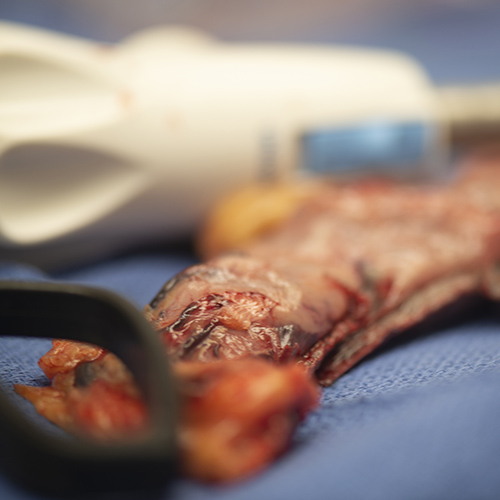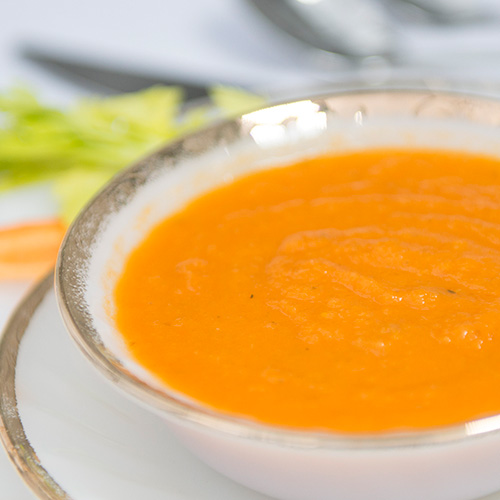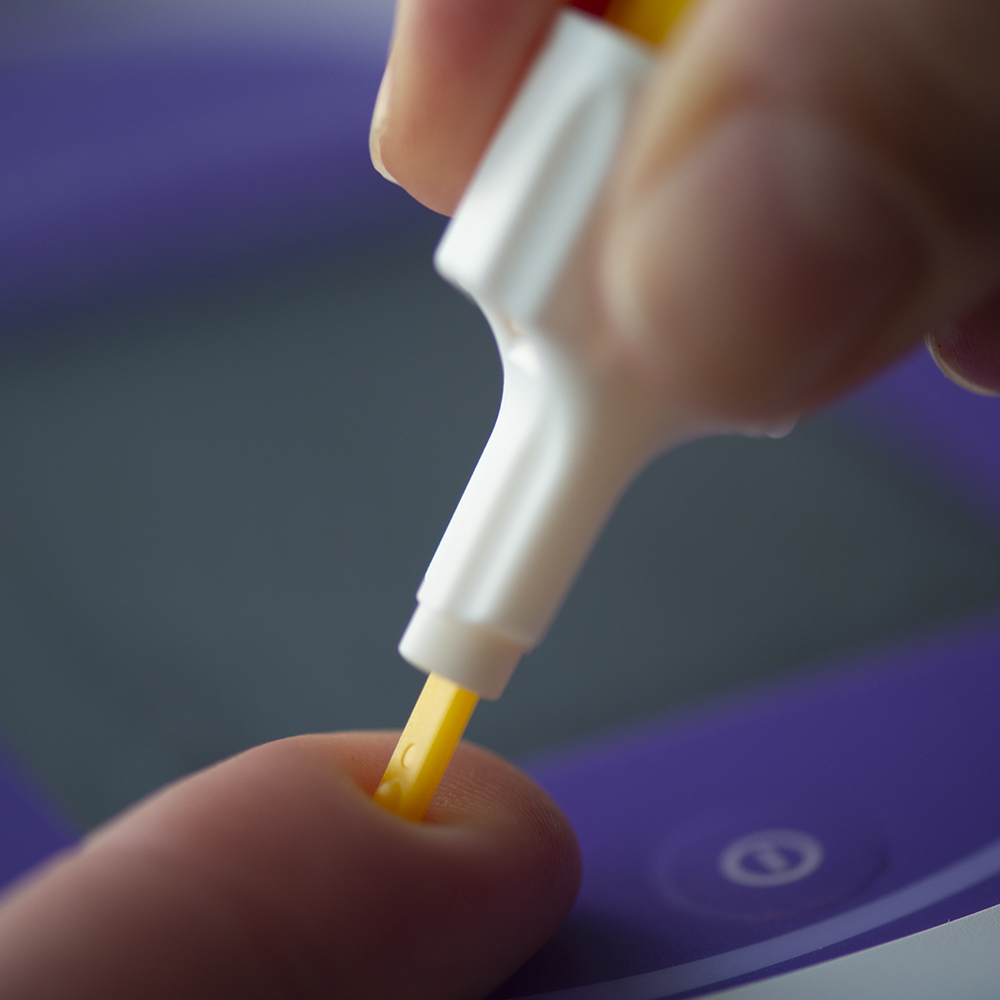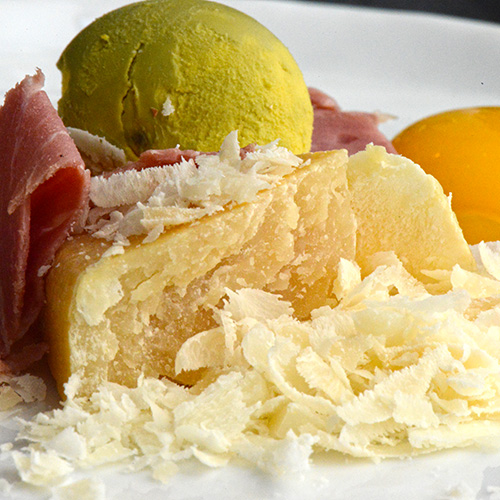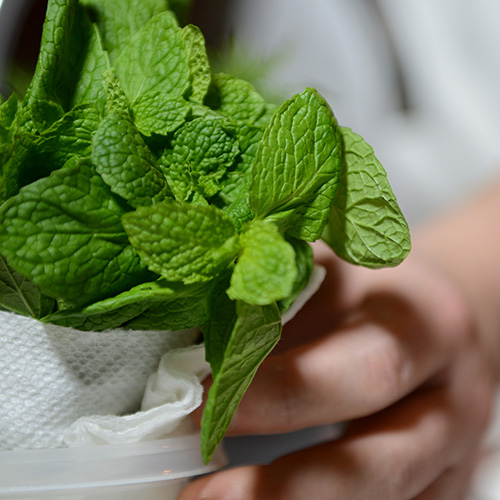Glucose metabolism is referred to the various biochemical reactions that take place for the formation, breakdown and inter conversion of glucose in the living beings. The metabolism of glucose involves two different biochemical pathways; one of which is aerobic (requires oxygen) and the other is anaerobic (without oxygen). The aerobic pathway occurs in the mitochondria of the cells and results in efficient use of glucose to release energy; whereas, the anaerobic pathway occurs in the cytoplasm of the cells and results in only moderate release of energy. The blood glucose levels rise after a meal resulting in the secretion of insulin from the pancreas. Insulin carries the glucose from the blood to the cells of the body requiring energy. The glucose enters the cells with the help of special membrane molecules called as ?glucose transporters?. In the cell, the glucose molecule is metabolized to produce heat and ATP (adenosine triphosphate). ATP is the molecule that stores the energy and releases it when required by the cell.


